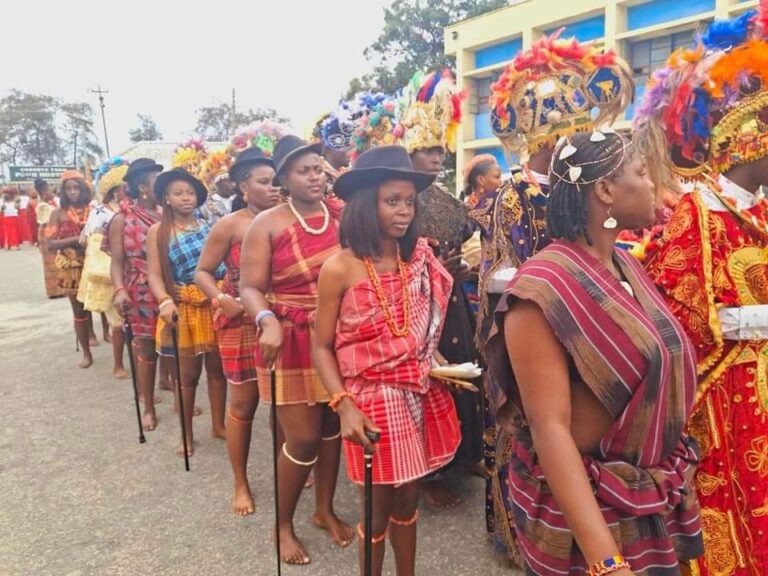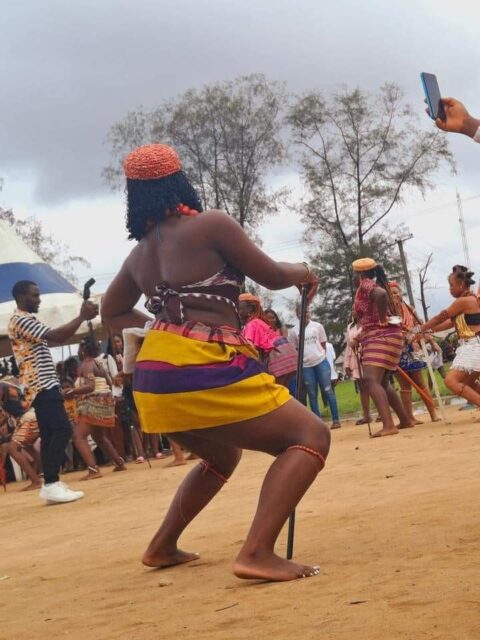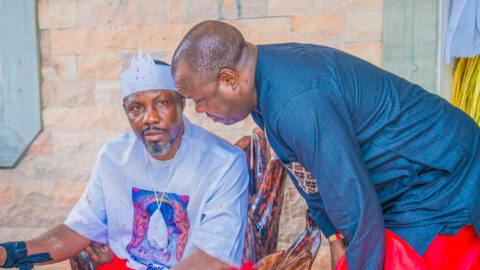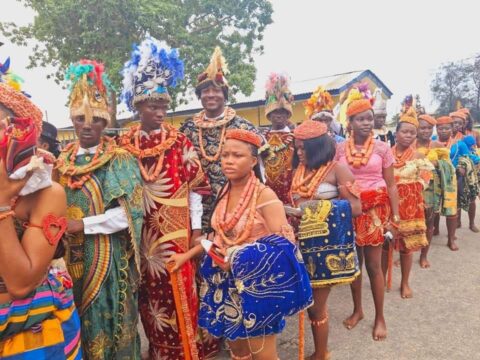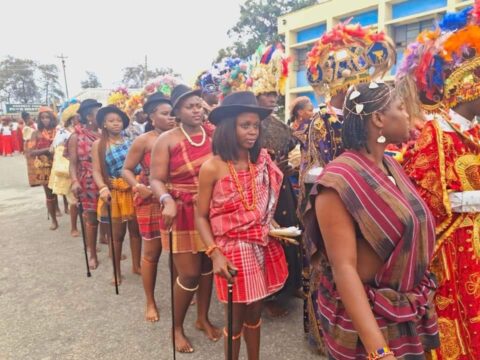
The Importance of Keeping Our Native Tongue Alive
Language is the heart of culture, a key to identity and heritage. For the Ijaw people, one of Nigeria’s oldest ethnic groups, their language is crucial to their cultural legacy. However, with globalization and the dominance of English, the Ijaw language faces the risk of fading away.
The Ijaw Language: A Cultural Treasure
The Ijaw language encompasses several dialects like Izon, Kalabari, and Nembe, each rich with unique expressions and stories. This language connects Ijaw people to their land, history, and ancestors. Losing it would mean losing a vital part of their identity.
Why Preserving the Ijaw Language Matters
1. Cultural Identity
Language is more than words; it’s how a community sees the world. The Ijaw language embodies the people’s history, beliefs, and traditions. Preserving it strengthens Ijaw identity and pride.
2. Indigenous Knowledge
The Ijaw language contains traditional knowledge about the environment and cultural practices. Protecting it helps preserve this valuable knowledge, crucial for environmental conservation and cultural heritage.
3. Community Bonds
Speaking the Ijaw language reinforces community ties and keeps traditions alive. It helps maintain close-knit relationships and ensures that cultural practices are passed down through generations.
Challenges to Preservation
1. Education
English dominance in schools and media diminishes the use of native dialects. Few schools teach Ijaw, and resources are limited.
2. Urban Migration
As families move to cities, English becomes the primary language, reducing the use of Ijaw in everyday life.
3. Limited Resources
There are few educational materials for learning Ijaw, making it harder for young people to engage with their native language.
Steps to Preserve the Ijaw Language
1. Speak at Home
Encourage the use of Ijaw in daily conversations within families to ensure that children grow up fluent.
2. Educational Integration
Advocate for Ijaw language courses in schools and create learning materials to support its teaching.
3. Digital Tools
Develop apps, podcasts, and online resources to make learning Ijaw more accessible and appealing to younger generations.
4. Cultural Events
Host events and workshops that celebrate Ijaw culture and language, fostering pride and interest among younger people.
Conclusion
Preserving the Ijaw language is a collective responsibility. By speaking it, teaching it, and using modern tools to spread it, we can ensure that this vital aspect of our heritage remains vibrant and alive for future generations. Let’s unite in keeping our language, and thus our culture, thriving.


